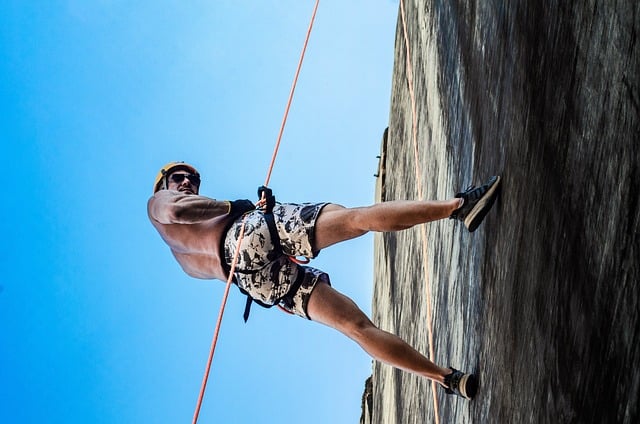Abseiling, often known as rappelling, is a technique used by mountaineers, rock climbers, and cavers to descend cliffs or other challenging terrains safely. This article will delve deep into the concept of abseiling access, its uses, benefits, and safety measures.
What is Abseiling Access?
Abseiling access, primarily, is a method used to reach inaccessible heights or depths using technical ropes and gear. From building maintenance and window cleaning to search and rescue operations, abseiling access proves an effective method in tackling adverse situations.
Understanding the Basics
Abseiling involves a controlled descent from a height using a rope. The process employs a friction device that lets professionals control their descent speed.
Benefits of Abseiling Access
Efficiency and Cost-Effective
When compared to conventional methods like scaffolding or mechanized platforms, abseiling access is far more efficient and cost-effective. It minimizes the need for heavy machinery, reducing both time and financial costs.
Flexibility
Due to its minimal setup requirements, abseiling access allows professionals to reach areas that are otherwise difficult or impossible to access, providing unparalleled flexibility.
Environmentally Friendly
Abseiling access reduces the need for heavy machinery, reducing carbon footprints. This environmentally friendly option causes minimal disturbance, especially in sensitive environments.
Applications of Abseiling Access
Abseiling access finds applications across a range of industries.
Building and Structural Maintenance
Abseiling techniques allow for easy access to high-rise buildings and large structures for maintenance and repair works, such as painting, cleaning, or even architectural surveys.
Search and Rescue Operations
In inaccessible terrains and emergency situations, rescuers often resort to abseiling techniques to quickly reach and assist those in need.
Geological and Environmental Surveys
Scientists and researchers use abseiling access to reach remote locations, such as cliff faces and caverns, to conduct geological and environmental studies.
Safety Measures in Abseiling Access
Although abseiling is a safe technique when performed correctly, it’s not without risks. Therefore, following safety measures is paramount.
Proper Training
Before engaging in any abseiling activity, it’s necessary to have proper training and understand the essential techniques, including knot-tying, harnessing, and controlling a descent.
Using the Right Equipment
Using quality, appropriate gear is essential. This includes a secure and suitable rope, a correctly fitted harness, a reliable descent device, and a helmet.
Regular Checks and Maintenance
Before every descent, make sure to inspect all your equipment carefully for any signs of wear or damage. Regular maintenance can prevent accidents and ensure a safe descent.
In conclusion, abseiling access is an efficient, flexible, and environmentally friendly technique used across various sectors. Nevertheless, although it offers many benefits, it’s important to respect the inherent risks and always uphold the highest safety standards.




